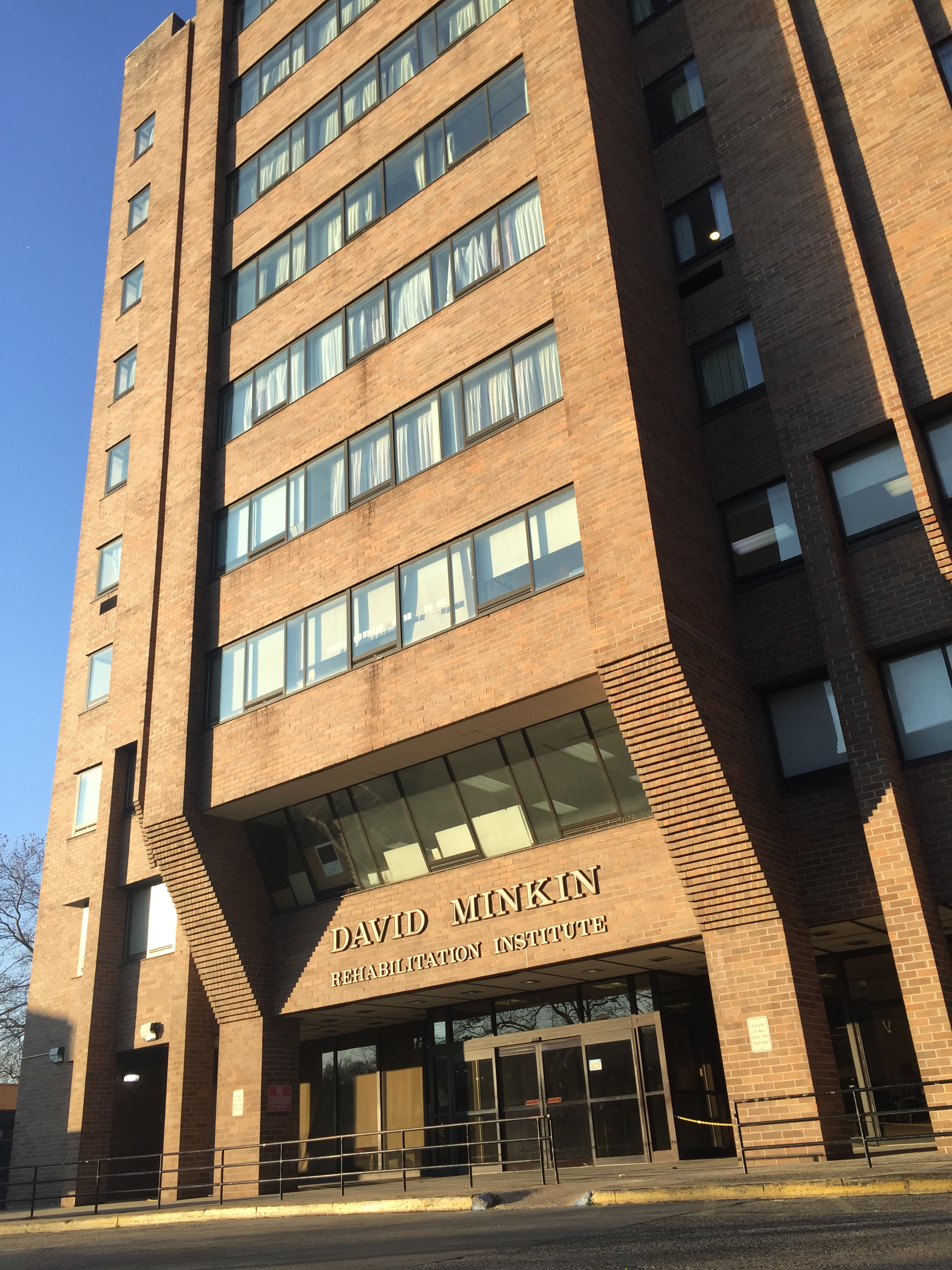5 Ways Drug Rehabilitation Center Thailand Will Help You Get More Business
작성자 정보
- Rosemary 작성
- 작성일
본문
Introduction:
Alcohol detachment is a condition that occurs when individuals abruptly stop or substantially lower their liquor intake after extended times of heavy-drinking. It's a complex and possibly life-threatening condition that impacts millions of people worldwide. This report aims to provide a thorough breakdown of alcohol detachment, including its symptoms, treatment plans, and administration techniques.
Outward indications of Alcohol Withdrawal:
The onset and extent of alcoholic beverages withdrawal signs vary among individuals, based factors such as the quantity and duration of alcohol consumption and an individual's general health. Common symptoms include tremors, anxiety, irritability, sickness, vomiting, insomnia, increased heart rate, and sweating. In severe instances, individuals may go through hallucinations, seizures, or delirium tremens (DTs), a potentially fatal problem described as agitation, confusion, hallucinations, and fluctuating levels of awareness.
 Treatments:
Treatments:
Whenever coping with alcohol detachment, it is vital to find medical guidance and help. The primary aim of treatment is to safely handle withdrawal symptoms, avoid complications, and facilitate the change to sobriety. Medical experts can evaluate the seriousness of signs and figure out the right standard of care. In mild instances, outpatient treatment could be administered, while more severe instances may require hospitalization.
Medications popular in liquor detachment therapy include benzodiazepines, which help reduce anxiety, relieve symptoms, and steer clear of seizures. Various other medicines eg antipsychotics, anticonvulsants, and beta-blockers is employed to handle particular signs or co-occurring conditions. Furthermore, nutritional vitamin supplements, especially thiamine (vitamin B1), in many cases are recommended to prevent or treat possible inadequacies related to exorbitant alcohol consumption.
Management Techniques:
As well as medical treatments, numerous strategies can be employed to manage alcoholic beverages withdrawal efficiently.
1. Supportive Care: Offering a supporting environment promotes a sense of protection and comfort. This includes ensuring proper nourishment, hydration, and sleep, plus keeping track of important indications and handling any health complications which could happen during detachment.
2. Psychotherapy: Seeking psychological state assistance, like counseling or psychotherapy, can play a vital role in handling main emotional or psychological conditions that donate to alcohol dependency. These treatments help individuals develop dealing strategies, control causes, and establish healthier options to alcohol.
3. Rehabilitation Programs: Engaging in rehabilitation programs, such as for instance inpatient or outpatient treatment rehab centers in thailand, can offer an organized and supportive environment for individuals searching for long-term recovery. These programs frequently combine medical interventions, counseling, and peer assistance to handle the actual, emotional, and personal components of liquor addiction.
4. Follow-up Care: After finishing preliminary cleansing and treatment, individuals should continue to seek continuous attention. This could involve playing support groups, going to regular therapy sessions, and obtaining follow-up evaluations to make certain appropriate actual and mental health.
 Summary:
Summary:
Alcohol withdrawal is a difficult problem that needs medical assistance and comprehensive help. Understanding the symptoms, treatment plans, and management techniques can greatly assist in helping individuals properly navigate the withdrawal procedure and attain long-term data recovery. By giving proper care and sources, we could increase the outcomes for all trying to over come alcohol addiction.
Alcohol detachment is a condition that occurs when individuals abruptly stop or substantially lower their liquor intake after extended times of heavy-drinking. It's a complex and possibly life-threatening condition that impacts millions of people worldwide. This report aims to provide a thorough breakdown of alcohol detachment, including its symptoms, treatment plans, and administration techniques.
Outward indications of Alcohol Withdrawal:
The onset and extent of alcoholic beverages withdrawal signs vary among individuals, based factors such as the quantity and duration of alcohol consumption and an individual's general health. Common symptoms include tremors, anxiety, irritability, sickness, vomiting, insomnia, increased heart rate, and sweating. In severe instances, individuals may go through hallucinations, seizures, or delirium tremens (DTs), a potentially fatal problem described as agitation, confusion, hallucinations, and fluctuating levels of awareness.
Whenever coping with alcohol detachment, it is vital to find medical guidance and help. The primary aim of treatment is to safely handle withdrawal symptoms, avoid complications, and facilitate the change to sobriety. Medical experts can evaluate the seriousness of signs and figure out the right standard of care. In mild instances, outpatient treatment could be administered, while more severe instances may require hospitalization.
Medications popular in liquor detachment therapy include benzodiazepines, which help reduce anxiety, relieve symptoms, and steer clear of seizures. Various other medicines eg antipsychotics, anticonvulsants, and beta-blockers is employed to handle particular signs or co-occurring conditions. Furthermore, nutritional vitamin supplements, especially thiamine (vitamin B1), in many cases are recommended to prevent or treat possible inadequacies related to exorbitant alcohol consumption.
Management Techniques:
As well as medical treatments, numerous strategies can be employed to manage alcoholic beverages withdrawal efficiently.
1. Supportive Care: Offering a supporting environment promotes a sense of protection and comfort. This includes ensuring proper nourishment, hydration, and sleep, plus keeping track of important indications and handling any health complications which could happen during detachment.
2. Psychotherapy: Seeking psychological state assistance, like counseling or psychotherapy, can play a vital role in handling main emotional or psychological conditions that donate to alcohol dependency. These treatments help individuals develop dealing strategies, control causes, and establish healthier options to alcohol.
3. Rehabilitation Programs: Engaging in rehabilitation programs, such as for instance inpatient or outpatient treatment rehab centers in thailand, can offer an organized and supportive environment for individuals searching for long-term recovery. These programs frequently combine medical interventions, counseling, and peer assistance to handle the actual, emotional, and personal components of liquor addiction.
4. Follow-up Care: After finishing preliminary cleansing and treatment, individuals should continue to seek continuous attention. This could involve playing support groups, going to regular therapy sessions, and obtaining follow-up evaluations to make certain appropriate actual and mental health.
 Summary:
Summary:Alcohol withdrawal is a difficult problem that needs medical assistance and comprehensive help. Understanding the symptoms, treatment plans, and management techniques can greatly assist in helping individuals properly navigate the withdrawal procedure and attain long-term data recovery. By giving proper care and sources, we could increase the outcomes for all trying to over come alcohol addiction.
관련자료
-
이전작성일 2023.12.02 08:59
-
다음
댓글 0개
등록된 댓글이 없습니다.







